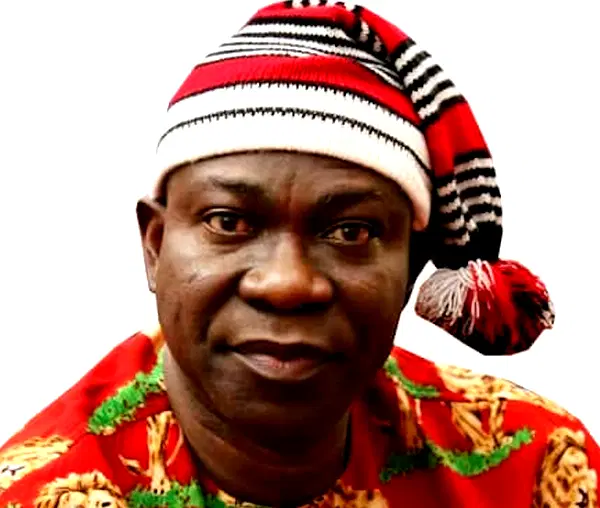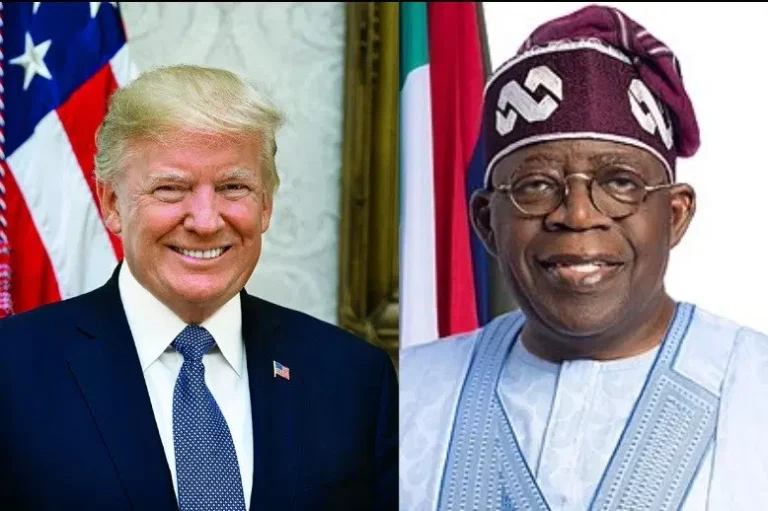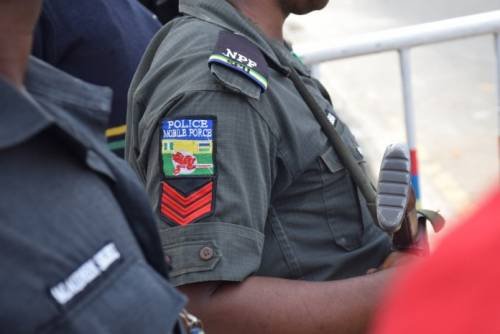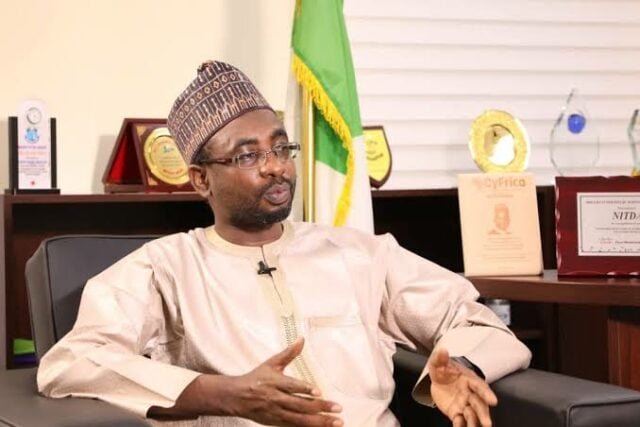
Hezbollah’s Leader, Hassan Nasrallah, Addresses Israel-Hamas War: Key Insights
In a recent address to his followers, Hezbollah leader Sayyed Hassan Nasrallah shared his thoughts on the ongoing Israel-Hamas conflict. Nasrallah refrained from divulging specific details about Hezbollah’s future actions in the Israel-Gaza war, but his speech carried significant implications for the evolving situation. The conflict between Hezbollah and Israel has seen a surge in recent weeks along their contentious border, resulting in casualties on both sides. Hezbollah reports 57 of its fighters lost, while Israel claims six of its soldiers have been killed, with six civilians also falling victim to the exchange of fire and missiles.
Key highlights from Nasrallah’s address:
- The October Attack was an Exclusive Palestinian Operation:
Nasrallah commenced his speech by honoring the “fallen martyrs” of Hezbollah, other groups fighting Israel, and the civilians who lost their lives. He extended his gratitude to the “strong and brave Iraqi and Yemeni hands” involved in the conflict, possibly referring to armed groups in these nations, such as the Houthis in Yemen, who are allies of Hezbollah and have launched attacks against Israel and the United States in recent days. Nasrallah characterized the October 7 Hamas attack on southern Israel, resulting in over 1,400 casualties, as a significant event aimed at challenging the “oppressive, occupying, usurping Zionist regime and its supporters in Washington and London.” He emphasized that the operation was “100 percent Palestinian” in terms of decision-making and execution, crediting its success to the element of secrecy. - Independent of Iran:
Nasrallah clarified that the October 7 operation had no connection to any decisions or actions by other factions within the resistance axis, a reference to the Iran-led coalition of anti-Israel forces in the region. He contended that the operation’s secrecy demonstrated its exclusive focus on the Palestinian cause, unrelated to any international or regional issues. Nasrallah highlighted Iran’s historical support for resistance factions in Lebanon, Palestine, and the region but stressed that Iran did not exert authority or control over these factions or their leadership. This separation between Iran and the operation underlines its independence. - Condemnation of US Silence:
Nasrallah decried the “barbaric, ferocious, brutal, ruthless, merciless aerial bombardments” in Gaza and accused the United States of remaining “silent” in the face of the distressing images of innocent children and babies torn apart by Israeli missiles. He viewed this silence as evidence of Western hypocrisy on issues like democracy and the rule of law, painting a grim picture of the international arena as a “jungle.” He squarely held the United States responsible for the war in Gaza against unarmed and defenseless civilians. - Ongoing Engagement in the Battle:
Nasrallah emphasized that Hezbollah had been actively engaged in the conflict since October 8, with the Islamic resistance in Lebanon commencing operations the day after the October 7 operation. He noted the significance of the ongoing conflict on the Israeli border, describing it as the most intense since 1948. However, he warned that this wouldn’t mark the end and hinted at more to come. - Call for Regional Support:
Nasrallah called on Arab and Muslim states to cut off oil, gas, and food supplies to Israel, echoing a demand made by Iran earlier. He expressed hope that humanity, at some point, would heed the call for reason.
In his address, Hassan Nasrallah conveyed Hezbollah’s strong commitment to the Palestinian cause, highlighting the operation’s secrecy and the organization’s independence from external influences. He also condemned the international community, particularly the United States, for its perceived indifference to the suffering in Gaza and called for regional support to pressure Israel. As the conflict continues to evolve, Nasrallah’s words provide insights into Hezbollah’s position and its ongoing role in the Israel-Hamas war.
For More Updates, join our WhatsApp Group and Telegram Channel






